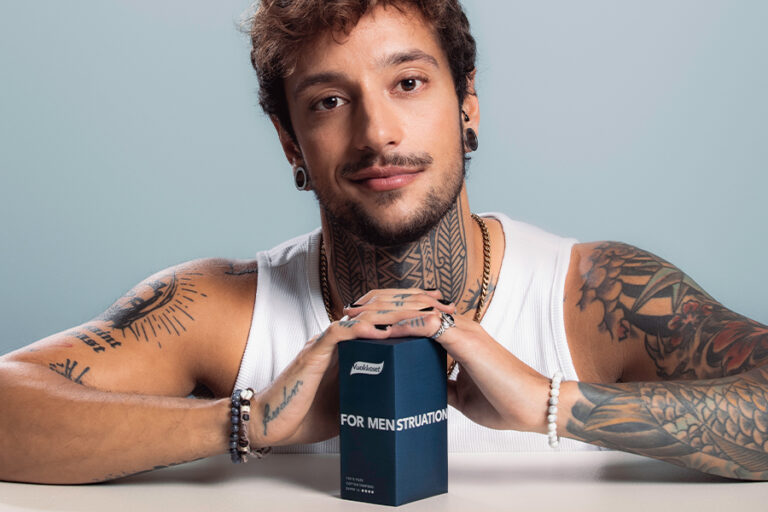Adolescence, teenage years, puberty…This stage of life has many names, and you probably have a lot of questions about it. What does puberty mean? When does it start? What is normal for puberty? Puberty involves big emotions and new experiences. Changes occurring in your body can also change how you feel inside your skin. You might experience mood swings. Old, familiar things may feel boring, and you can lose yourself in new interests. Adolescence is a fun and exciting, but also sometimes challenging path towards adulthood.
Puberty means the transformation from a child into an adult. In other words, it starts when the person starts to physically develop into an adult. Typically, puberty starts between the ages of 9–14 years. There is no one exact year, time, or place when the first signs of puberty should arrive. You have no reason to worry if your friends get their first period before you do or if you need to start wearing a bra before your friends. Be patient with puberty and the changes it brings. Your body and mind are trying to adjust to the new hormones, and everyone experiences puberty differently.
One of the first signs of puberty can be a growth spurt. Jeans that were a perfect fit last summer may now be too short. In girls, the pelvic bone widens, and their body shape becomes more feminine. In addition, breasts start to develop and the nipples can enlarge and become darker in colour. Another part of puberty is the emergence of hair in the armpits and genital areas. Some days, you may notice signs of a light-coloured discharge in your underwear. This is called vaginal discharge and it is perfectly normal. A first period is one of the milestones of puberty. Adjusting to the menstrual cycle takes time and learning to understand your body signs. Getting your first period also means that you are ready to reproduce and can become pregnant. In addition to physical changes, you will also experience mental development and start to think about new things. Sexual development begins and you’ll become more interested in your appearance.
These new developments may feel intimidating, but puberty is ultimately an exciting journey towards adulthood. You should pack for the trip a positive, trusting, and curious attitude towards your own body and a few adults, such as your parents or a school nurse, to whom you can turn if you have any questions.





